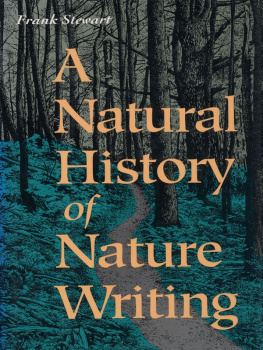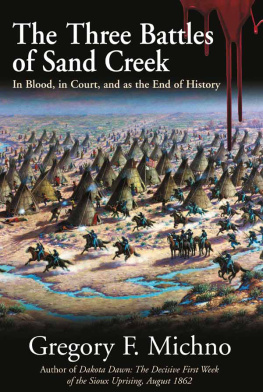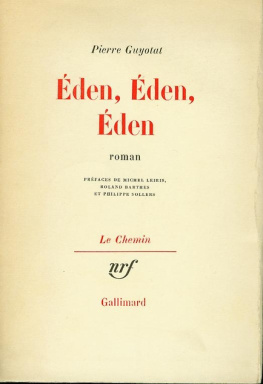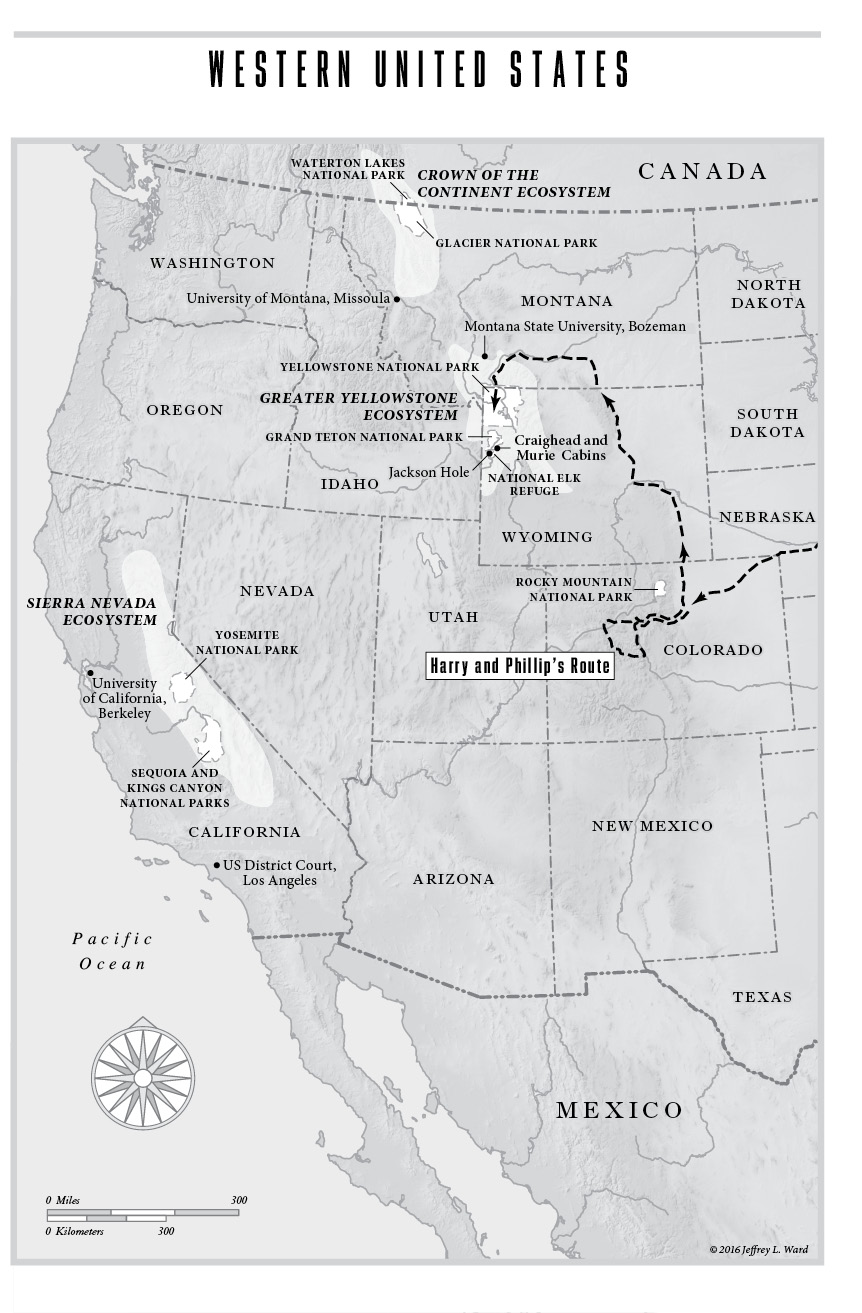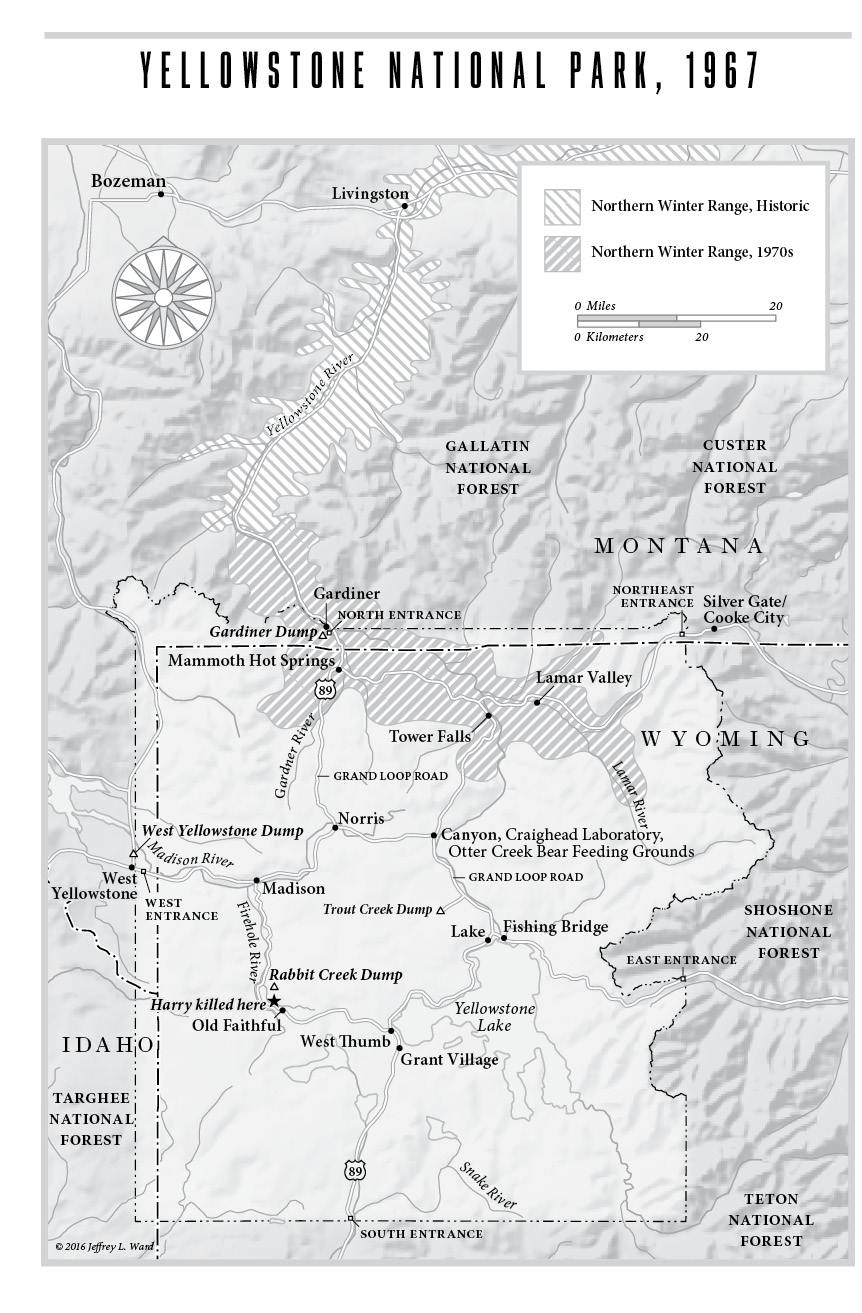Copyright 2016 by Jordan Fisher Smith
All rights reserved.
Published in the United States by Crown, an imprint of the Crown Publishing Group, a division of Penguin Random House LLC, New York.
crownpublishing.com
Crown and colophon is a registered trademark of Penguin Random House LLC.
Library of Congress Cataloging-in-Publication Data
Names: Smith, Jordan Fisher.
Title: Engineering Eden : the true story of a violent death, a trial, and the fight over controlling nature / by Jordan Fisher Smith.
Description: First edition. | New York : Crown Publishing, 2016.
Identifiers: LCCN 2016008169| ISBN 9780307454263 (hardback) | ISBN 9780307454287 (ebook)
Subjects: LCSH: Yellowstone National ParkManagementHistory20th century. | Yellowstone National ParkEnvironmental conditionsHistory20th century. | NatureEffect of human beings onYellowstone National ParkHistory20th century. | Bear attacksYellowstone National ParkHistory20th century. | Violent deathsYellowstone National ParkHistory20th century. | United States. National Park ServiceTrials, litigation, etc. | NegligenceUnited StatesHistory20th century. | TrialsCaliforniaLos AngelesHistory20th century. | National parks and reservesUnited StatesHistory. | EnvironmentalismUnited StatesHistory. | BISAC: SCIENCE / History. | NATURE / Ecosystems & Habitats / Wilderness. | NATURE / Environmental Conservation & Protection.
Classification: LCC F722 .S643 2016 | DDC 978.7/52033dc23 LC record available at http://lccn.loc.gov/2016008169
ISBN9780307454263
ebook ISBN9780307454287
Cover design: Elena Giavaldi
Cover photographs: Howard Quigley (man holding bear); Bozeman Daily Chronicle (burning forest); The Aldo Leopold Archives (A. Starker Leopold)
Map illustrations: Jeffrey L. Ward
v4.1
ep
Contents
For James and Emma
In the spring of 1972, the chronic pain in Harry Eugene Walkers right arm had come to coexist with such a yearning for freedom and self-determination that it was hard to distinguish one ache from the other.
Harry was twenty-five, and he had been raised since early boyhood to succeed his father as owner and manager of a family farm in northern Alabama. His labor was critical to the farms survival, yet the farm didnt make enough for him to have his own place. So he stayed in his childhood room in the little white house on a hill overlooking the lower pasture, where he came to chafe against his mothers criticism and attempts to direct his life. Because money was so short, in addition to working on the farm, Harry had other jobs: among them, as an equipment operator for a construction company and part-time soldier for the National Guard.
The ache in the elbow and the ache for breathing room came to Harry at all times: rolling over in bed at night, pitching a hay bale, reaching under a cow to hook up the milking machine. It hurt when he moved the levers on a backhoe for the construction company and when he saluted his commanding officer at the National Guard, whose authority he had come to resent even more than that of his mother.
The pain got bad toward the end of 1971, and favoring his right arm led to muscular pain in Harrys neck and back. He went to the hospital, and the doctor who injected his elbow with cortisone and gave him a cervical collar said Harry would need to take up more sedentary work. But Harry didnt see how, yet. People depended on him.
Its not uncommon for a rebellion of the body to a way of life to be treated solely as a medical problem, and in the spring of 1972 Harry had surgery on his elbow. But because nothing else had changed, less than a month into what would have been a four- or five-month rehabilitation, he was called into work at another of his jobs, where the weakness in his arm seems to have contributed to causing a minor traffic accident in his employers vehicle.
Harry had never taken a real vacation. He had been talking with his father about having some time off to think about things. On Tuesday, June 6, 1972, someone offered him a ride out of town, and Harry left Alabama, headed north, with no exact destination in mind.
There is hereby created in the Department of the Interior a service to be called the National Park Servicewhich purpose is to conserve the scenery and the natural and historic objects and the wild life therein and to provide for the enjoyment of the same in such manner and by such means as will leave them unimpaired for the enjoyment of future generations.
THE NATIONAL PARK SERVICE ORGANIC ACT OF 1916
Ecosystems are not only more complex than we think,
but more complex than we can think.
FRANK EGLER, PLANT ECOLOGIST











